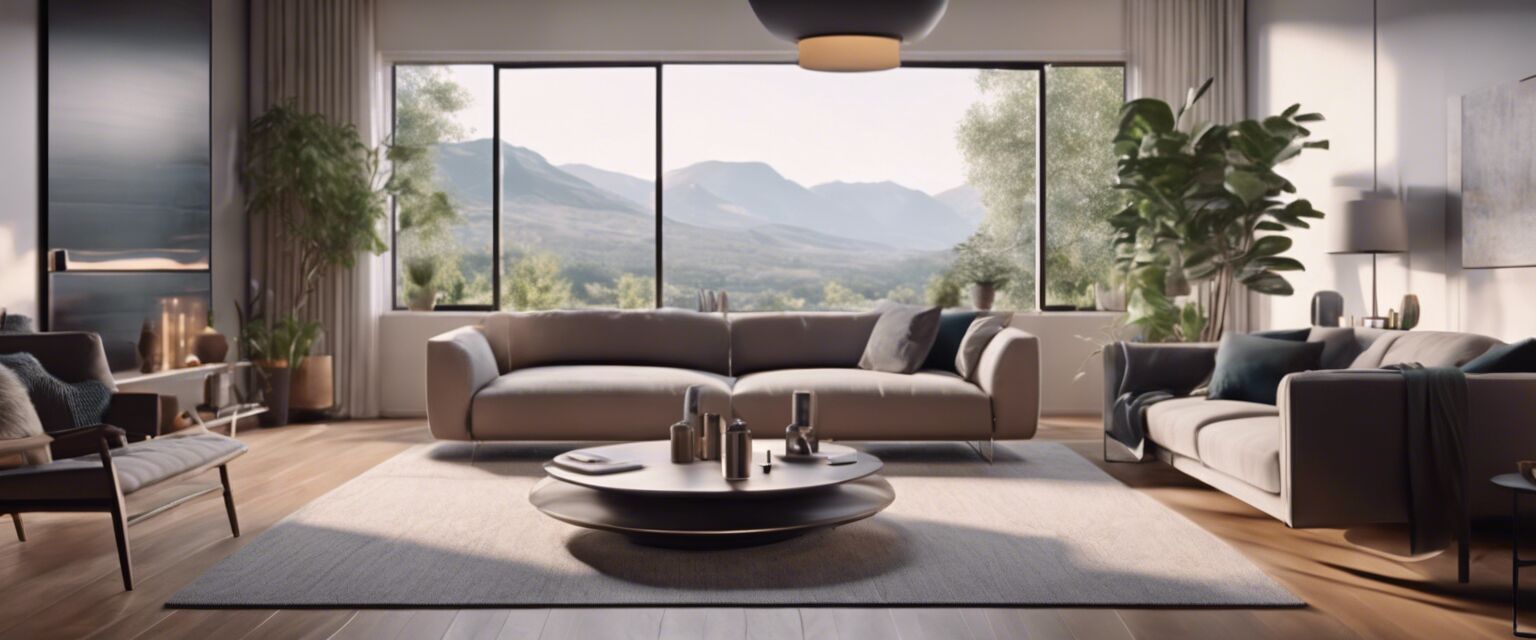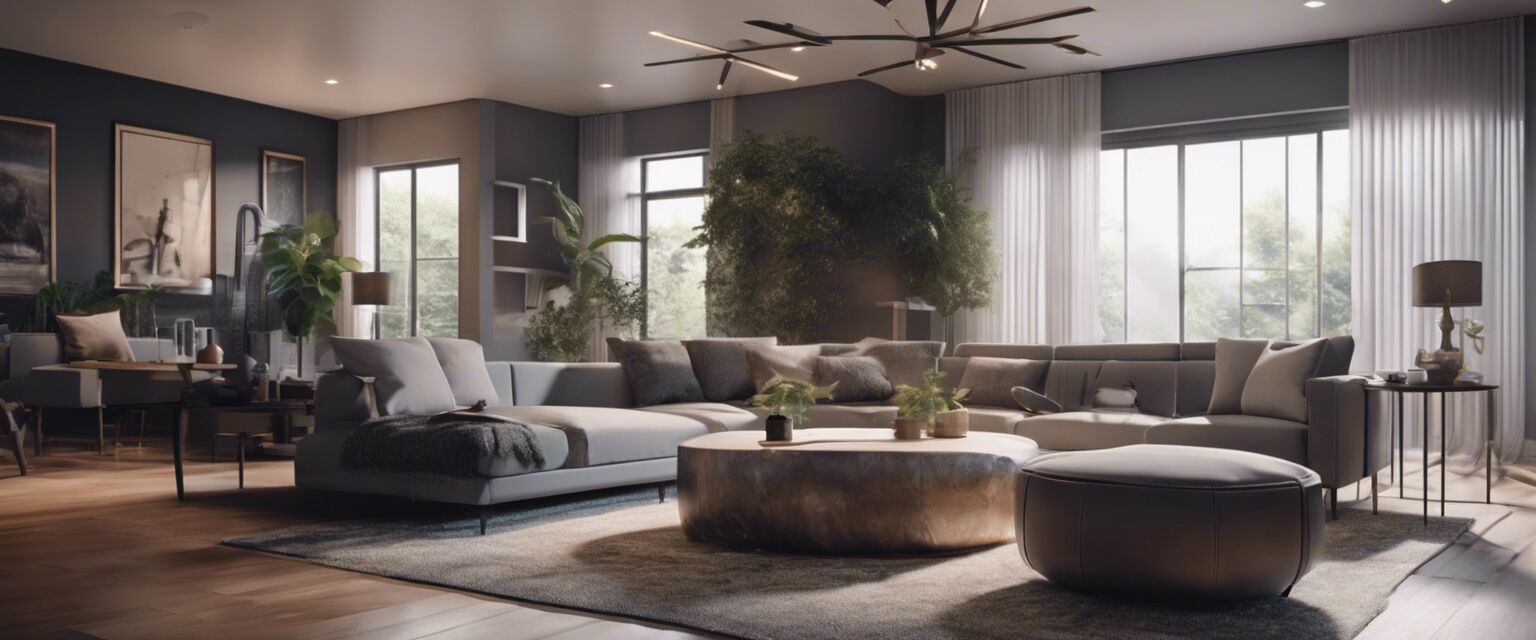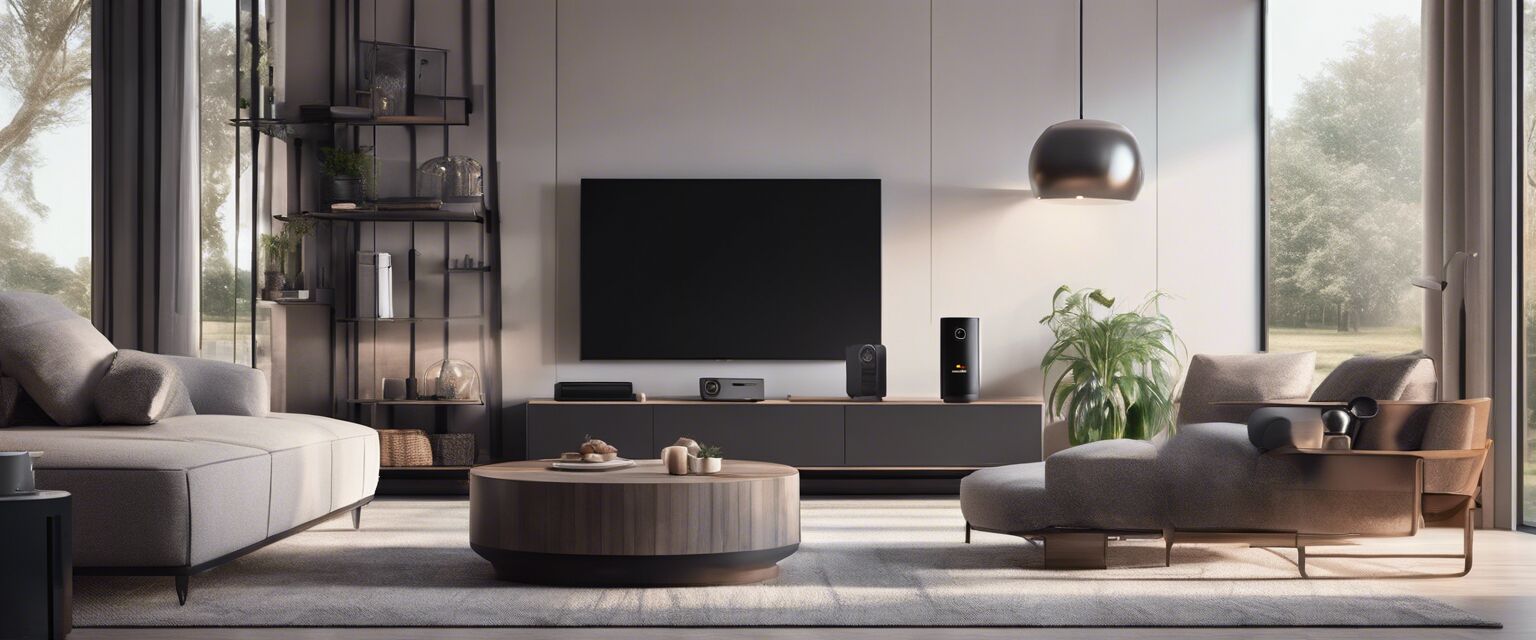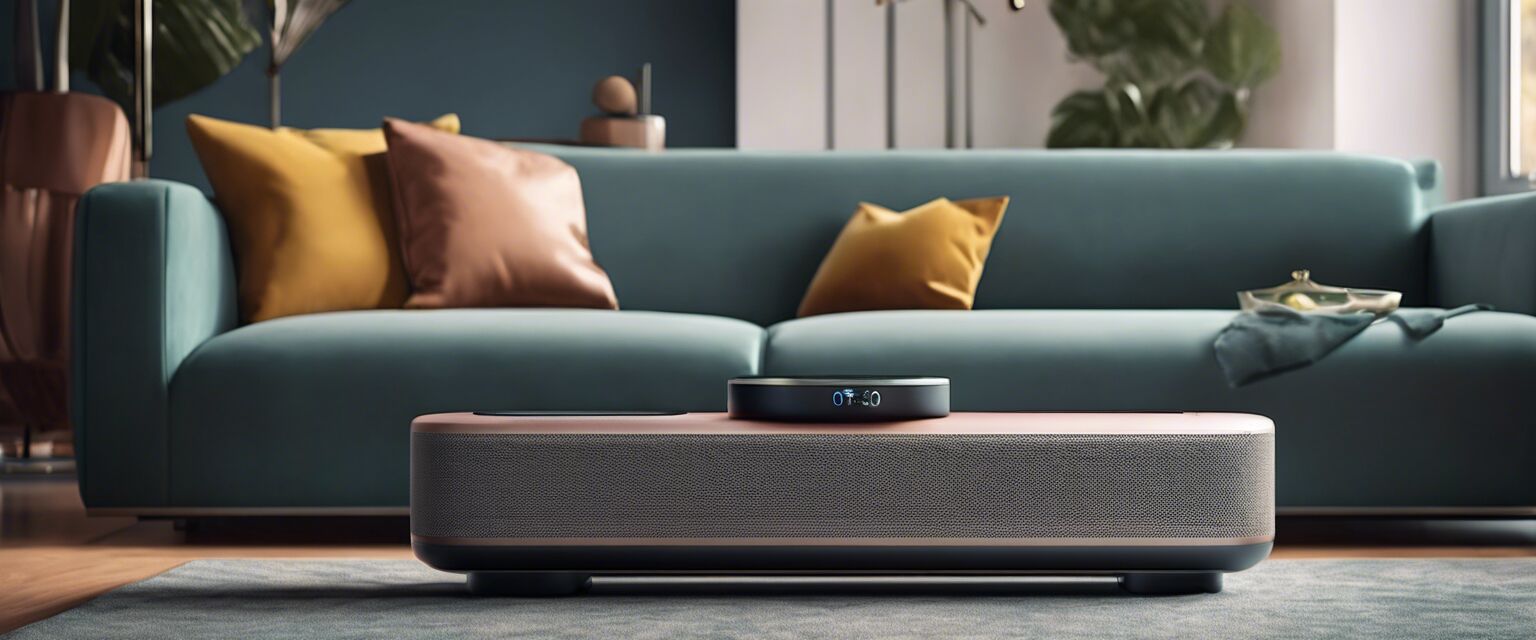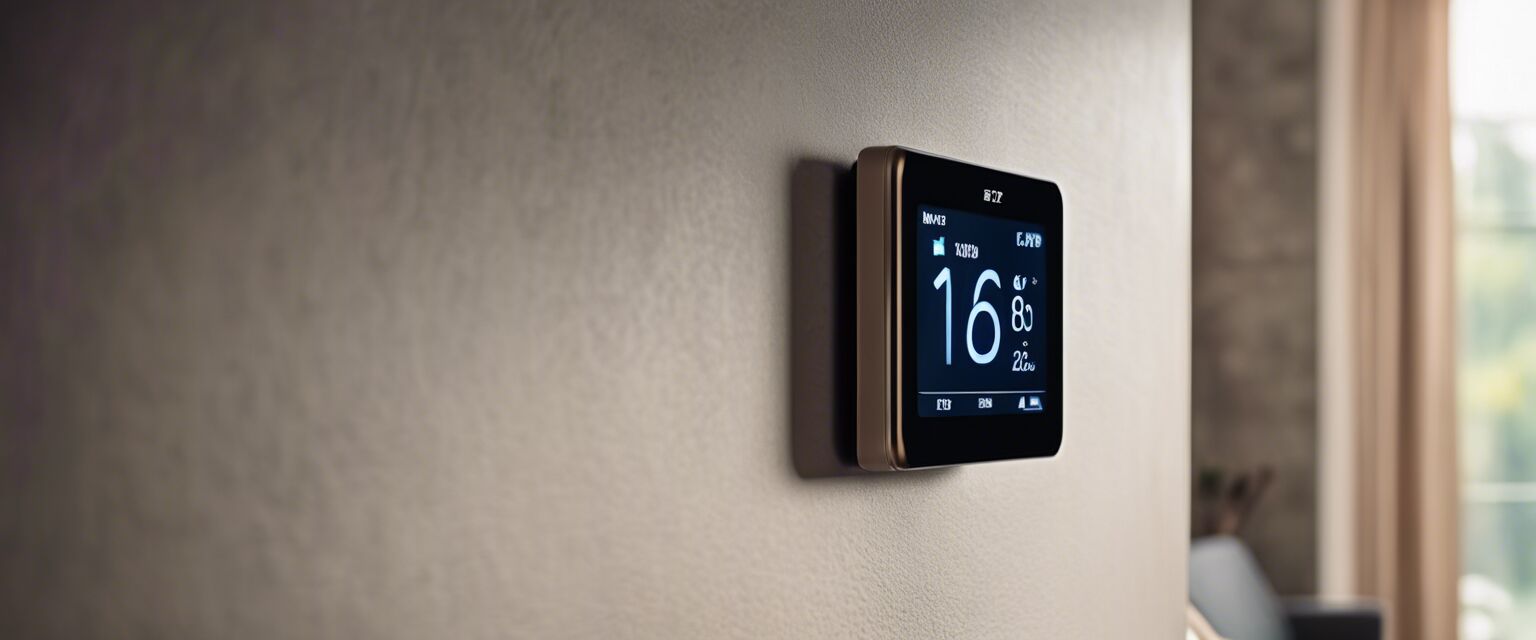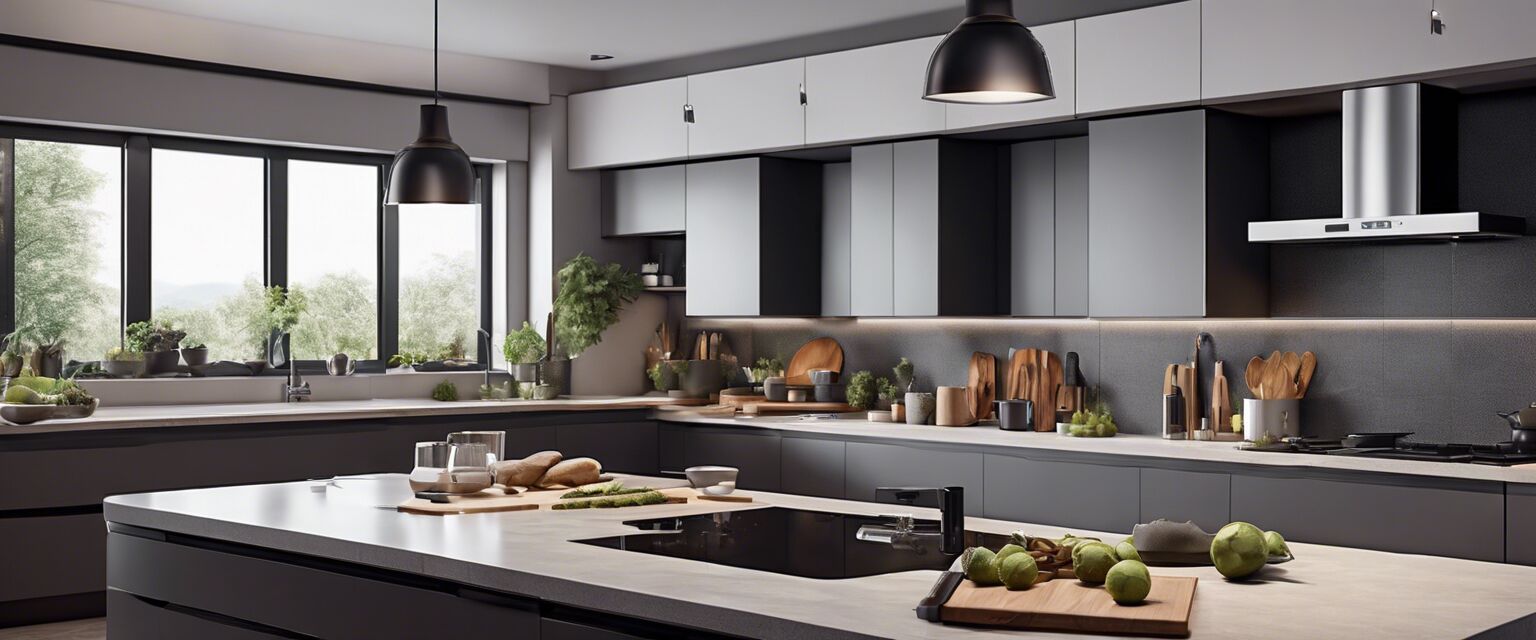
Smart Window Treatments
Smart window treatments are not just a trend; they are a revolution in home decor. These innovative solutions enhance privacy, improve energy efficiency, and bolster the overall aesthetic of your living spaces. This comprehensive guide delves into the various types of smart window treatments available, their benefits, and how they can significantly improve your home environment.
Key takeaways
- Smart window treatments offer convenience and control over light and privacy.
- They can enhance energy efficiency by regulating indoor temperatures.
- Many options integrate seamlessly with existing smart home systems.
- Available in diverse styles to match any home decor.
What Are Smart Window Treatments?
Smart window treatments refer to advanced automated solutions that allow users to control their windows' coverings through a smartphone app, remote control, or even voice commands. This technology includes a wide range of products such as:
- Motorized blinds
- Smart shades
- Automated drapes
- Smart window film
How They Work
Most smart window treatments are powered by either battery or AC power. They can connect to your home Wi-Fi network, allowing for remote control and programming through smartphones or smart home devices like Amazon Alexa or Google Assistant. Some systems can even be set to respond to natural light levels, automatically adjusting to enhance room comfort.

Benefits of Smart Window Treatments
Choosing smart window treatments comes with numerous benefits that go beyond just convenience.
| Benefit | Description |
|---|---|
| Energy Efficiency | Help manage heat loss and gain, reducing energy bills. |
| Privacy Control | Easily adjust coverings to maintain privacy while keeping light in. |
| Convenience | Program schedules for opening and closing to suit daily routines. |
| Enhanced Aesthetics | Available in various styles and colors to complement home decor. |
Types of Smart Window Treatments
Here are some popular types of smart window treatments:
- Motorized Blinds: Blinds that can be adjusted remotely, coming in various styles and materials.
- Smart Shades: These shades can be controlled via apps and offer unique features such as light filtering or blackout adjustments.
- Automated Drapes: Full drapery systems that open and close seamlessly, offering both practicality and style.
- Smart Window Film: A film applied to existing windows that can transition from transparent to opaque.
Comparison of Smart Window Treatment Types
| Type | Control Method | Material Options | Best For |
|---|---|---|---|
| Motorized Blinds | App, remote | Wood, fabric, vinyl | Light control |
| Smart Shades | App, voice | Blackout fabric, sheer | Room darkening |
| Automated Drapes | App, remote | Various fabrics | Style and ambience |
| Smart Window Film | App | Polyester, glass | Privacy and light control |
Installation and Integration
Installing smart window treatments can be a straightforward process if you follow some essential steps. Hereâs a simple guide:
- Choose the right type of smart window treatment that suits your needs and decor.
- Measure your windows accurately to ensure a perfect fit.
- Follow the manufacturer's instructions for proper installation (some systems may require professional installation).
- Download the associated app to set up and customize your system.
- Integrate with your smart home system for added convenience.
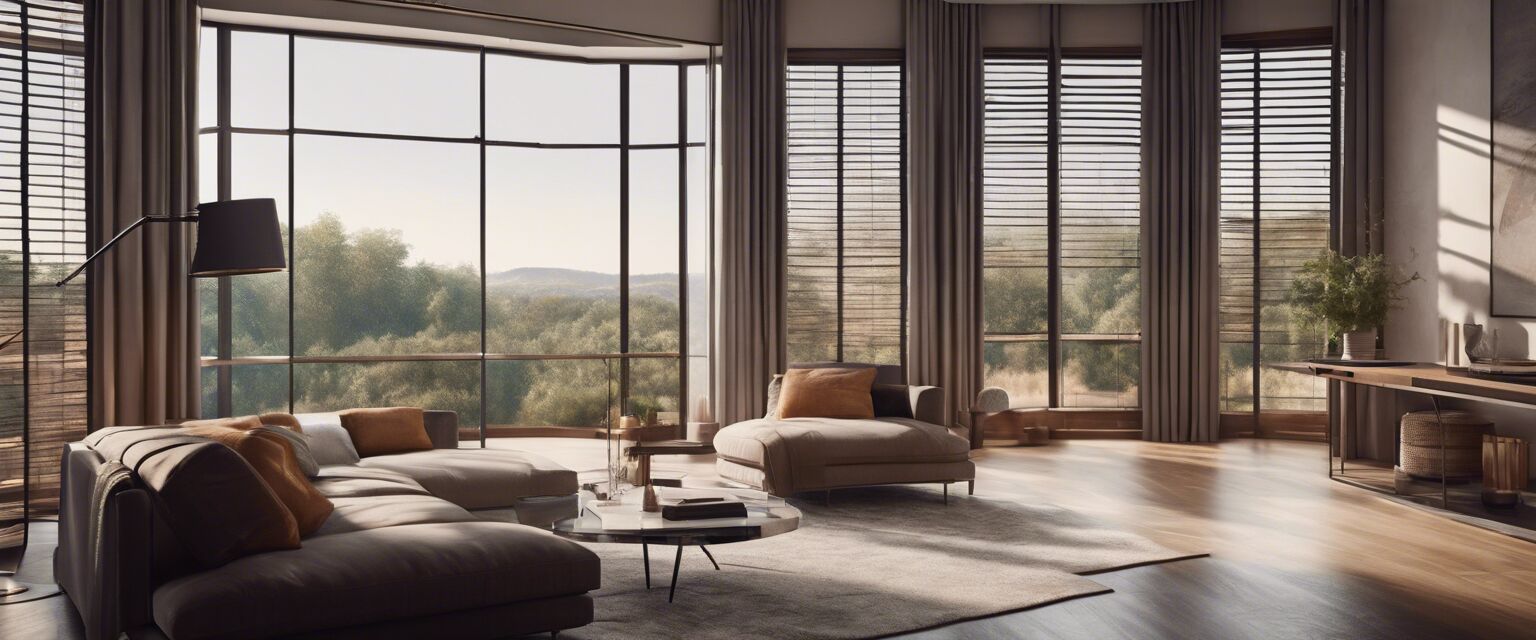
Care and Maintenance
Smart window treatments require minimal maintenance. However, it's advisable to:
- Dust regularly to maintain appearance and functionality.
- Check batteries or power sources periodically.
- Follow specific cleaning instructions based on the materials used.
Conclusion
Smart window treatments are an excellent investment for any modern home. They not only enhance privacy and control light levels but also add a touch of sophistication to your living spaces. With various options available, it's essential to select the right type to suit your unique needs and home decor.
Pros
- Elevate home aesthetics.
- Increase energy efficiency.
- Provide hassle-free control.
- Diverse design options.
Cons
- Higher initial investment compared to traditional treatments.
- Dependency on power for operation.
- Technical issues may arise with smart integrations.
Explore More on Smart Home Decor
If you are interested in exploring further, check out our detailed guides on:
